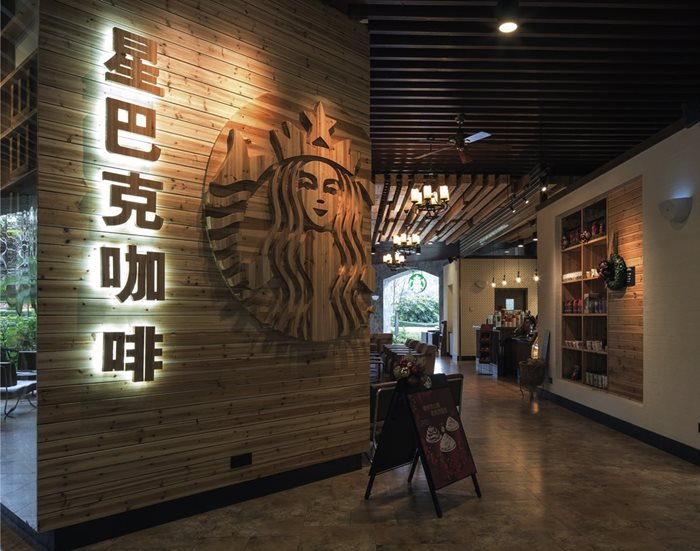‘Deep strategic partnership’ represents new Starbucks strategy to counter falling Chinese sales and fend off competition from domestic upstart, Luckin Coffee, which has rapidly grown its 'new retail' delivery model

Starbucks has partnered with Chinese e-commerce giant, Alibaba, to pilot a coffee and food delivery service in the world's second-largest economy. In a joint statement, the two firms announced the new service will initially be trialled across 150 Starbucks sites in Beijing and Shanghai, with the aim to expand across more than 2,000 stores in 30 cities by the end of 2018.
A key goal of the ‘deep strategic partnership’ is to develop a virtual Starbucks store experience in China, with Alibaba’s infrastructure acting as a centralised management hub for the service. Starbucks will utilise the ‘new retail’ firm’s sprawling logistics network in country, which includes food delivery platform Ele.me and the Hema supermarket brand, to deliver the platform. Ele.me has a network of 3 million delivery drivers in China, which will be used to develop a customised food and beverage delivery network. ‘Starbucks Delivery Kitchens’ will also be established at Hema sites throughout the country, with the first expected to become operational by end of 2018.
So-called ‘new retail’ was a term coined by Alibaba Group founder, Jack Ma, in 2016 and refers to a shift toward seamless e-commerce over bricks and mortar offerings. The model has become an increasingly important part of Chinese consumerism, with Alibaba at the forefront of integrating digital purchasing options into offline retail environments.
Starbucks will also gain access to other key retail platforms in Alibaba’s portfolio, including Chinese language B2C online retailers, Tmall and Taobao and mobile payment platform Alipay. The Seattle-based coffee shop chain said the partnership would “transform” the Chinese coffee shop market by offering what it calls a "seamless Starbucks Experience”.
“Our transformational partnership with Alibaba will reshape modern retail and represents a significant milestone in our efforts to exceed the expectations of Chinese consumers,” said Starbucks President and CEO, Kevin Johnson, who also described the deal as “rocket fuel” for Starbucks' growth in China.
The move will be seen as an attempt by Starbucks to regain the strategic initiative in the Chinese coffee shop market, where convenience is key sales driver. The global coffee chain reported a 2% drop in quarterly sales during the period ended July 1, 2018 – a steep decline from the 7% sales growth recorded in the same period the year previous.
In contrast,
domestic coffee chain, Luckin Coffee, has opened around 660 outlets in 13 Chinese cities since launching in January 2018, which has put pressure Starbucks’ 3,400 store operation. In July 2018, Luckin reportedly raised $200m in a fundraising round that valued the on-demand coffee business at $1bn. Later that month it announced plans increase its store numbers to 2,000 by the end of 2018.
Around 44% of Luckin’s sites are effectively ‘take-out kitchens’, with no in-store seating and coffee delivered via courier – with a free drink offered if an order does not arrive within half an hour. In a direct challenge to Luckin’s sales strategy, Starbucks said it would not include any items on its menu that could not be delivered within 30 minutes.
The world’s largest coffee shop chain has had a somewhat acrimonious relationship with its domestic competitor in the Chinese coffee shop market. In May 2018, Luckin hit headlines when it issued an open letter to Starbucks accusing the international chain of monopolistic practices in the Chinese market. ‘Starbucks continually requires Luckin Coffee’s suppliers to choose between the two coffee companies’, part of the letter alleges.
Seattle-based Starbucks is still some way ahead of Luckin in terms of Chinese sites and enjoys an estimated 60% share of the branded Chinese coffee shop market. The global giant announced plans in May to open around 3,000 new stores in mainland China by 2022, a move which would double its current 3,300 stores. In 2017, Starbucks opened a prestigious Reserve Roastery in Shangai, one of only two such sites operational globally.